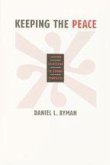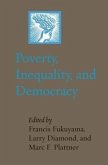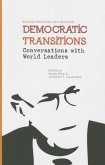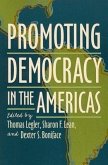Strategy through the Prism of 9/11 (2007), explores this significant policy adjustment and raises questions about its feasibility and its possible consequences. Do international norms apply only to states' external behavior, as it might relate, for example, to nuclear proliferation and terrorism, or do they matter no less for states' internal behavior, as it might affect a population's human rights? What is the appropriate role for the United States in the process of reintegration? America's military power remains unmatched, but can the nation any longer shape singlehandedly an increasingly multi-polar international system? What do the precedents set in Iraq and Libya teach us about how current outliers can be integrated into the international community? And perhaps most important, how should the United States respond if outlier regimes eschew integration as a threat to their survival and continue to augment their nuclear capabilities?
Hinweis: Dieser Artikel kann nur an eine deutsche Lieferadresse ausgeliefert werden.
Hinweis: Dieser Artikel kann nur an eine deutsche Lieferadresse ausgeliefert werden.








